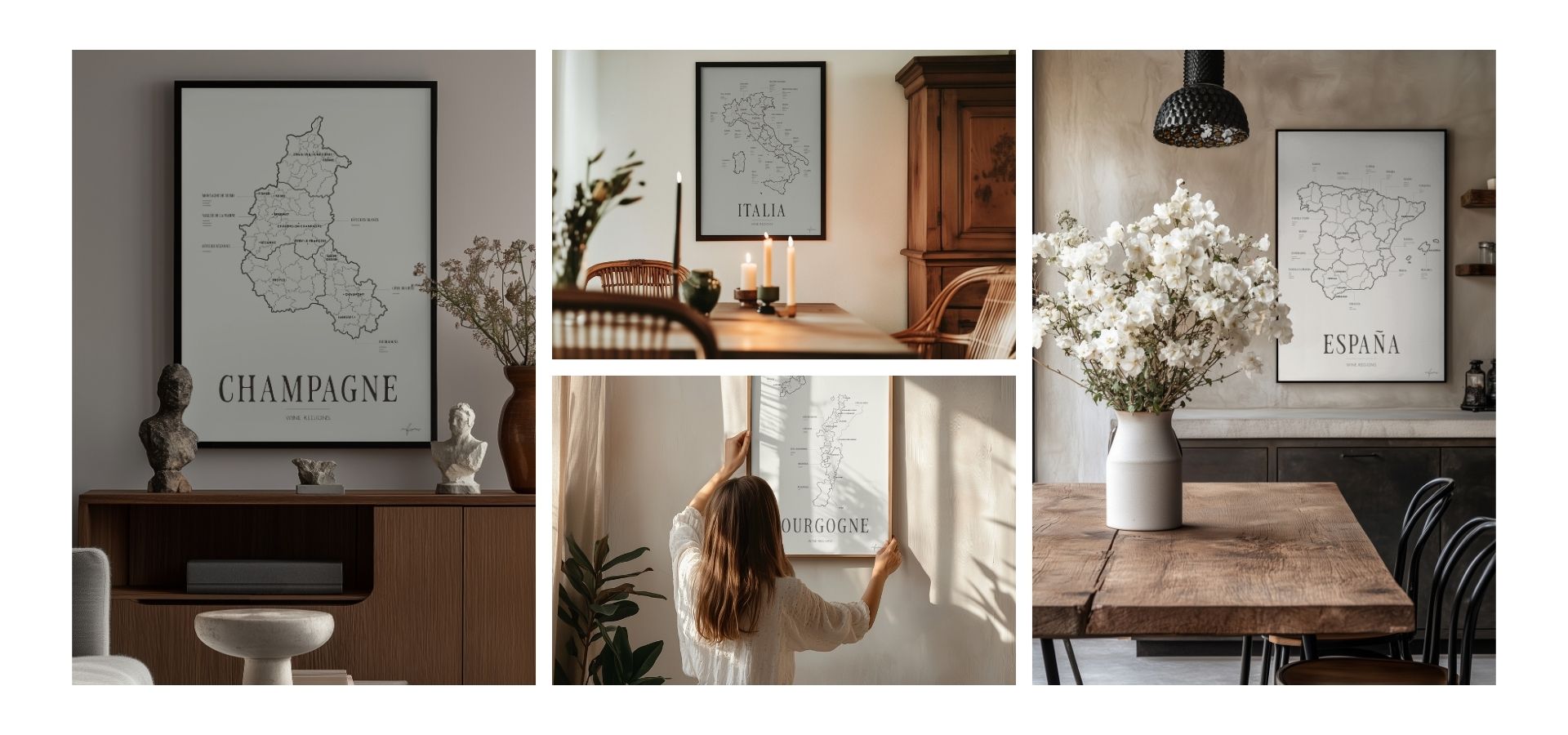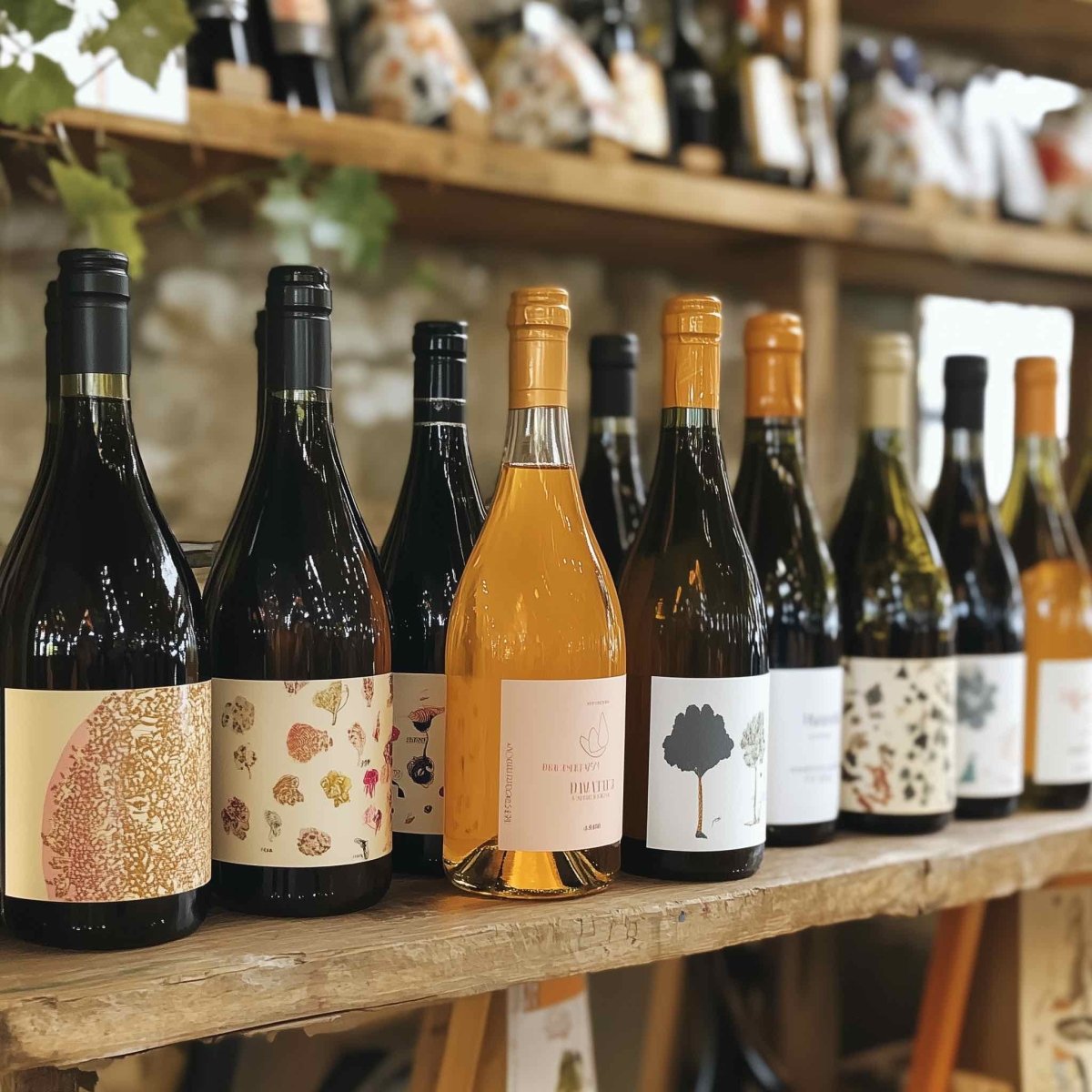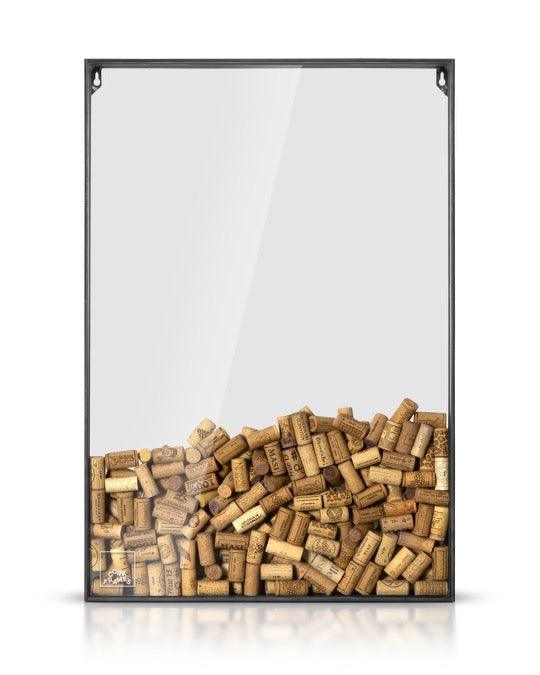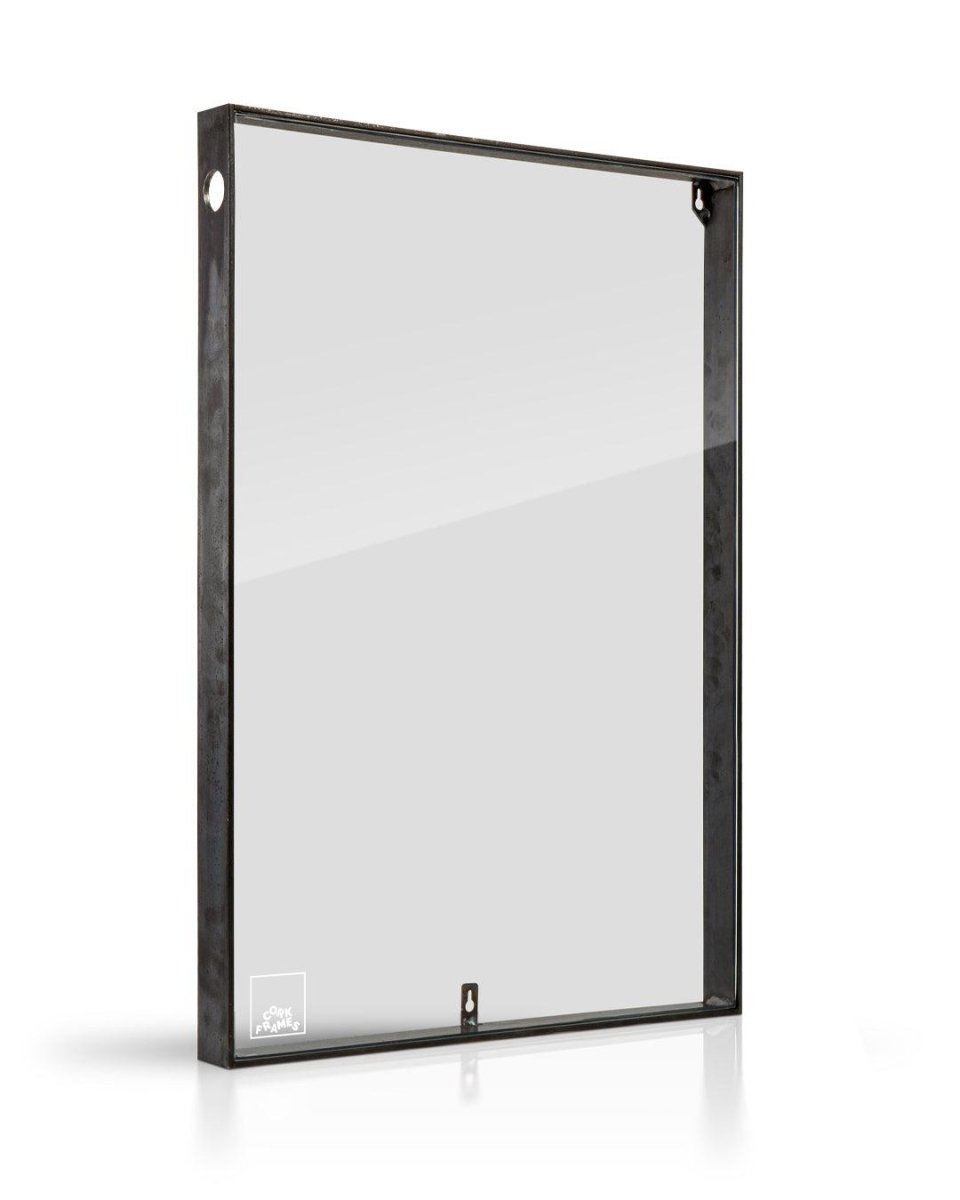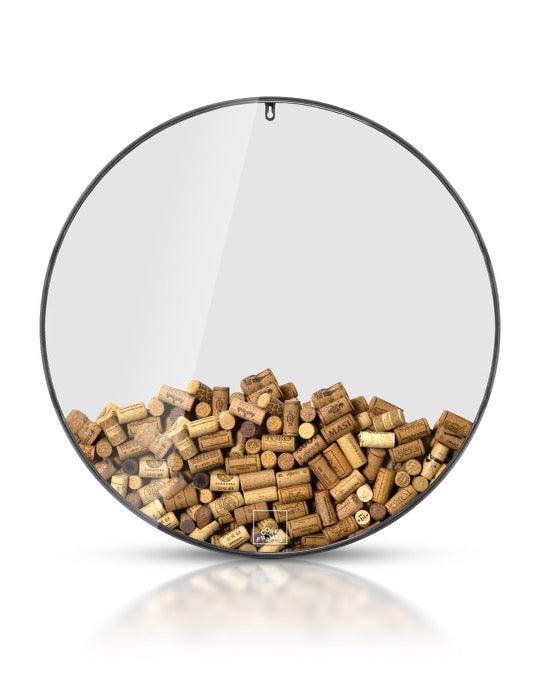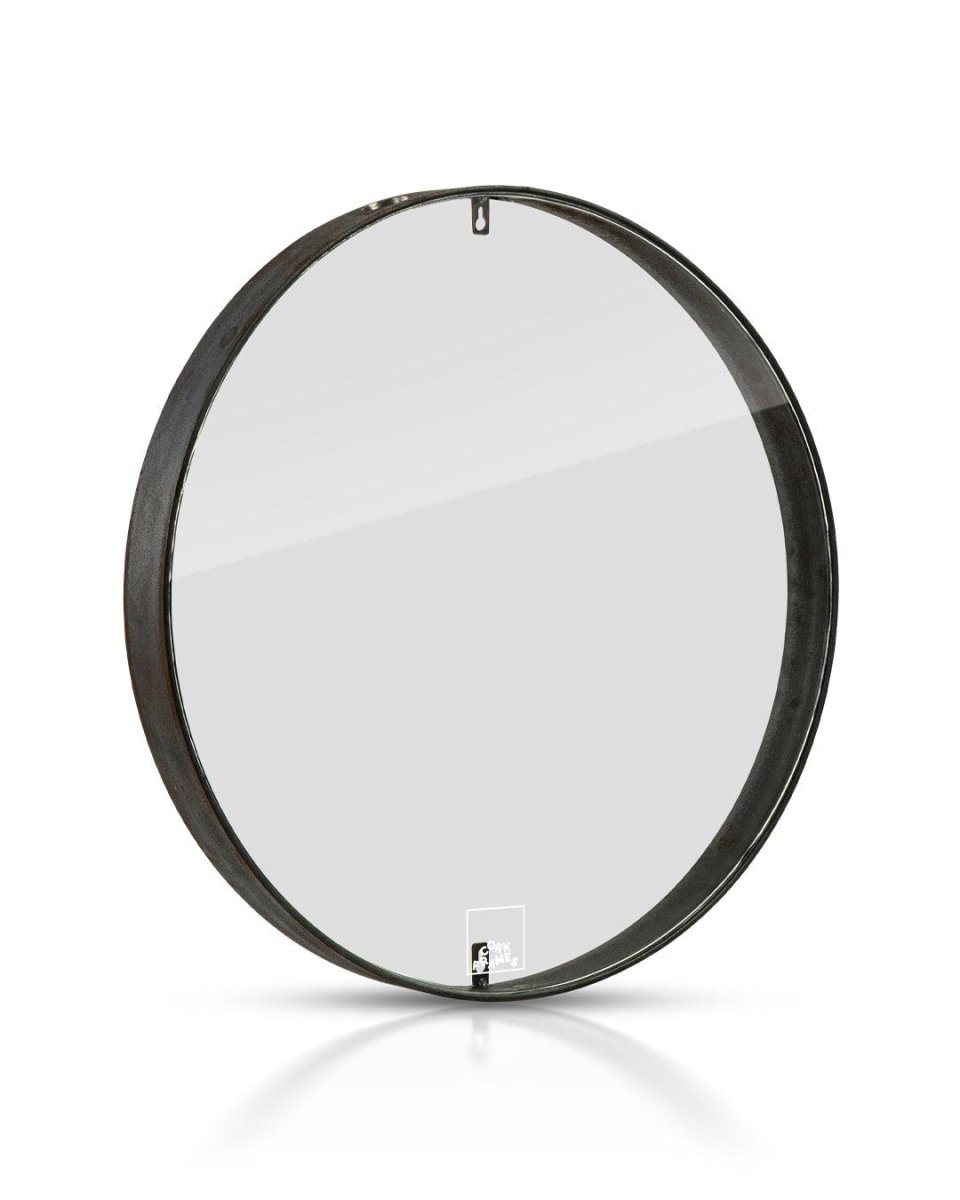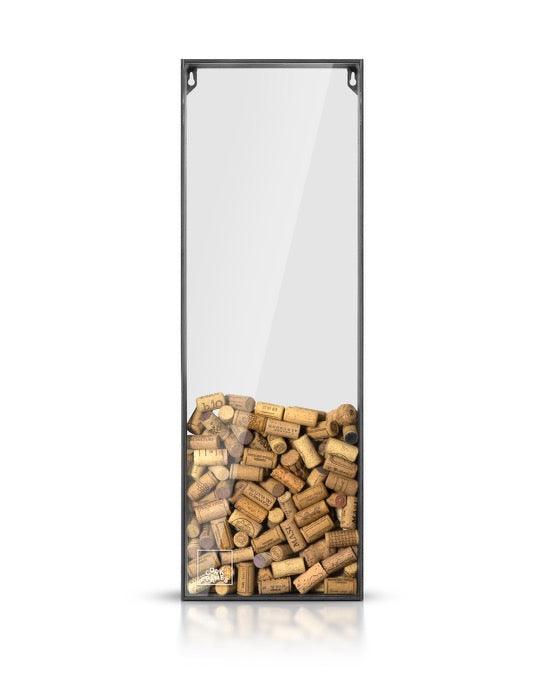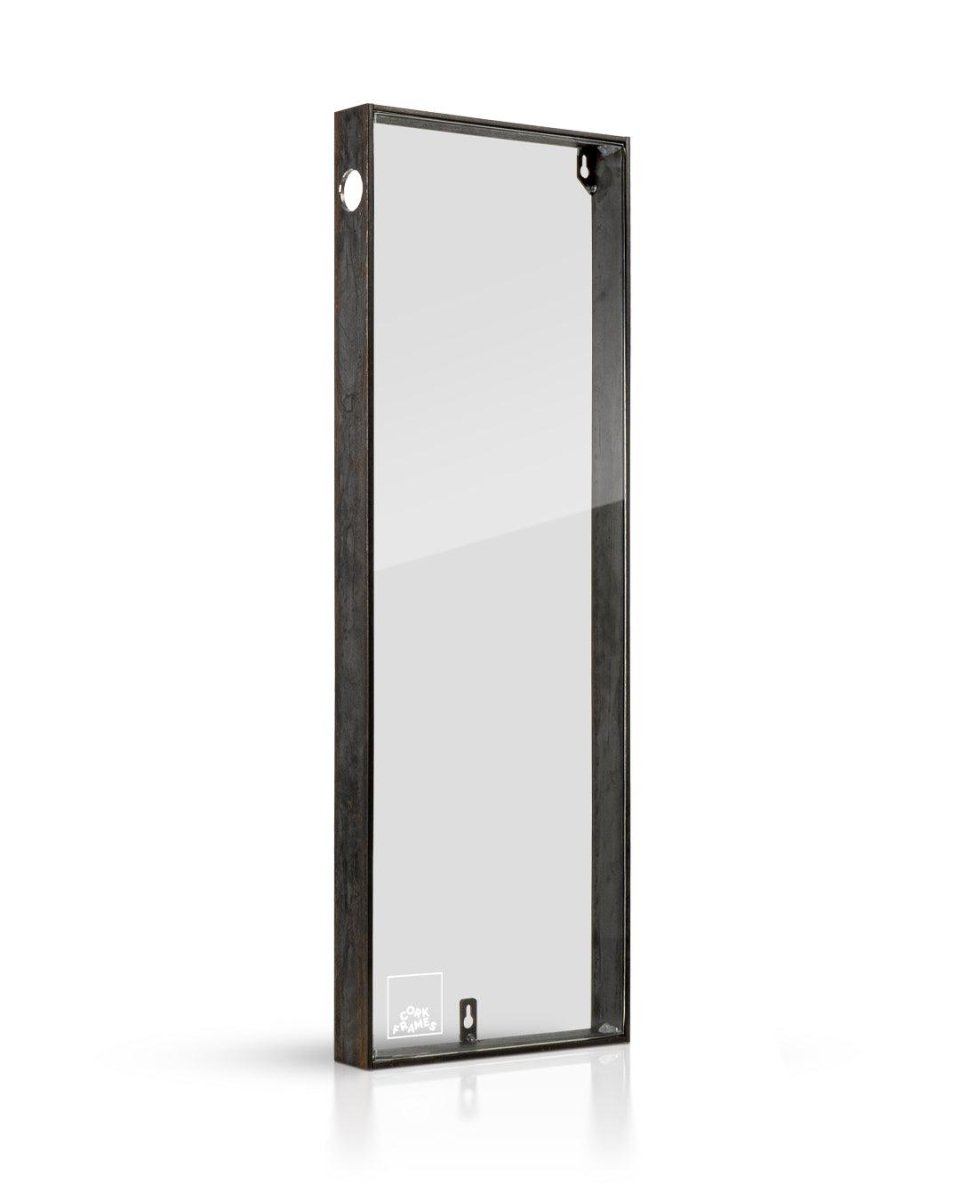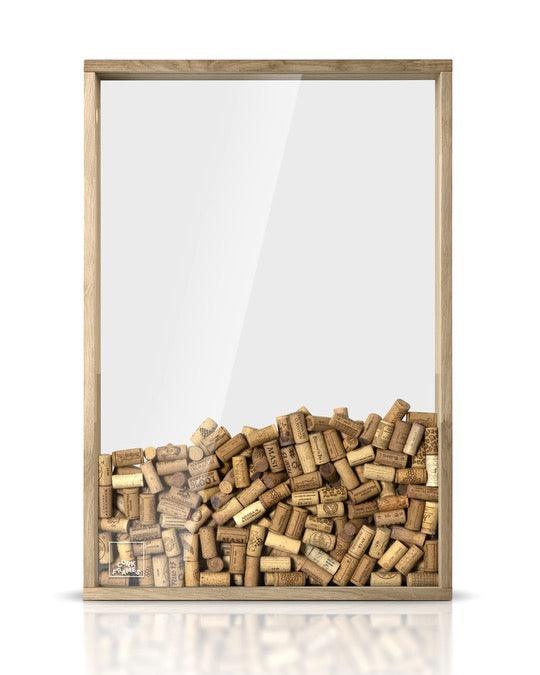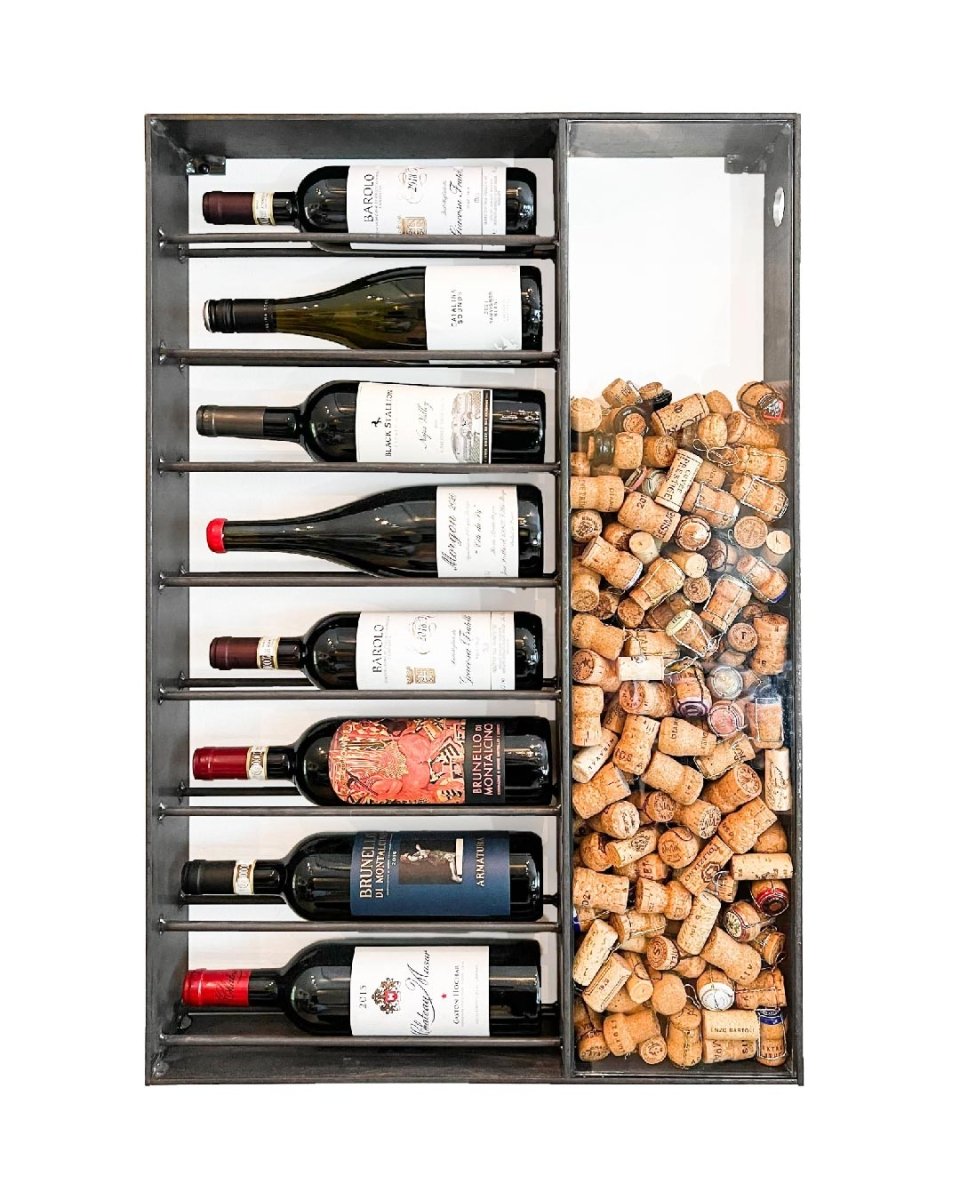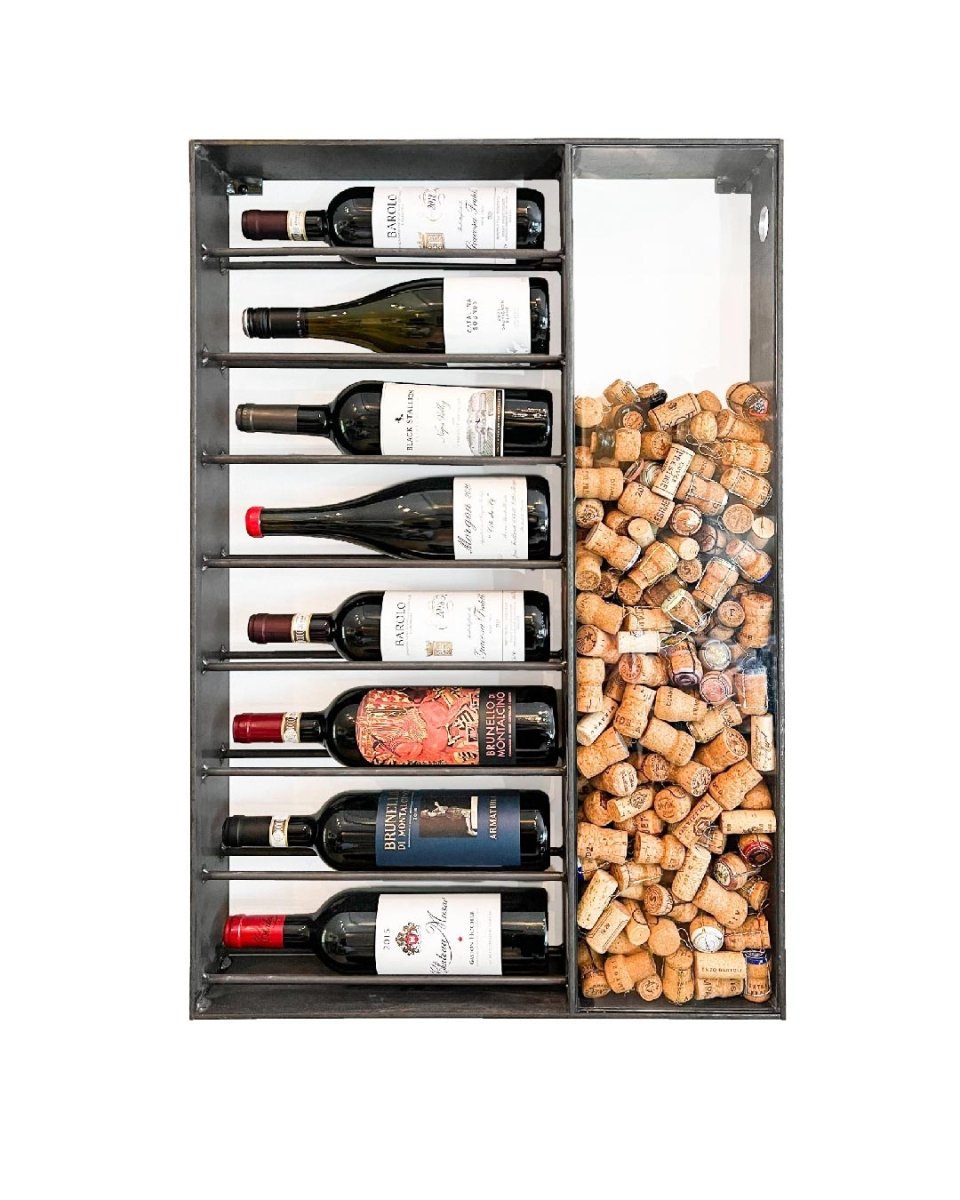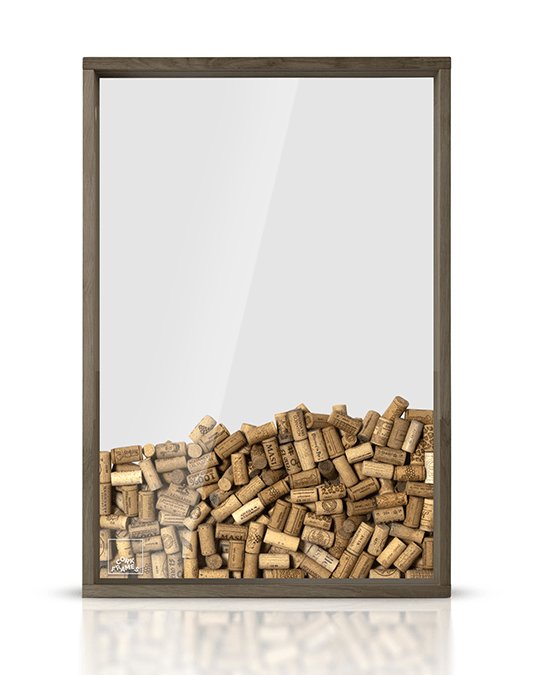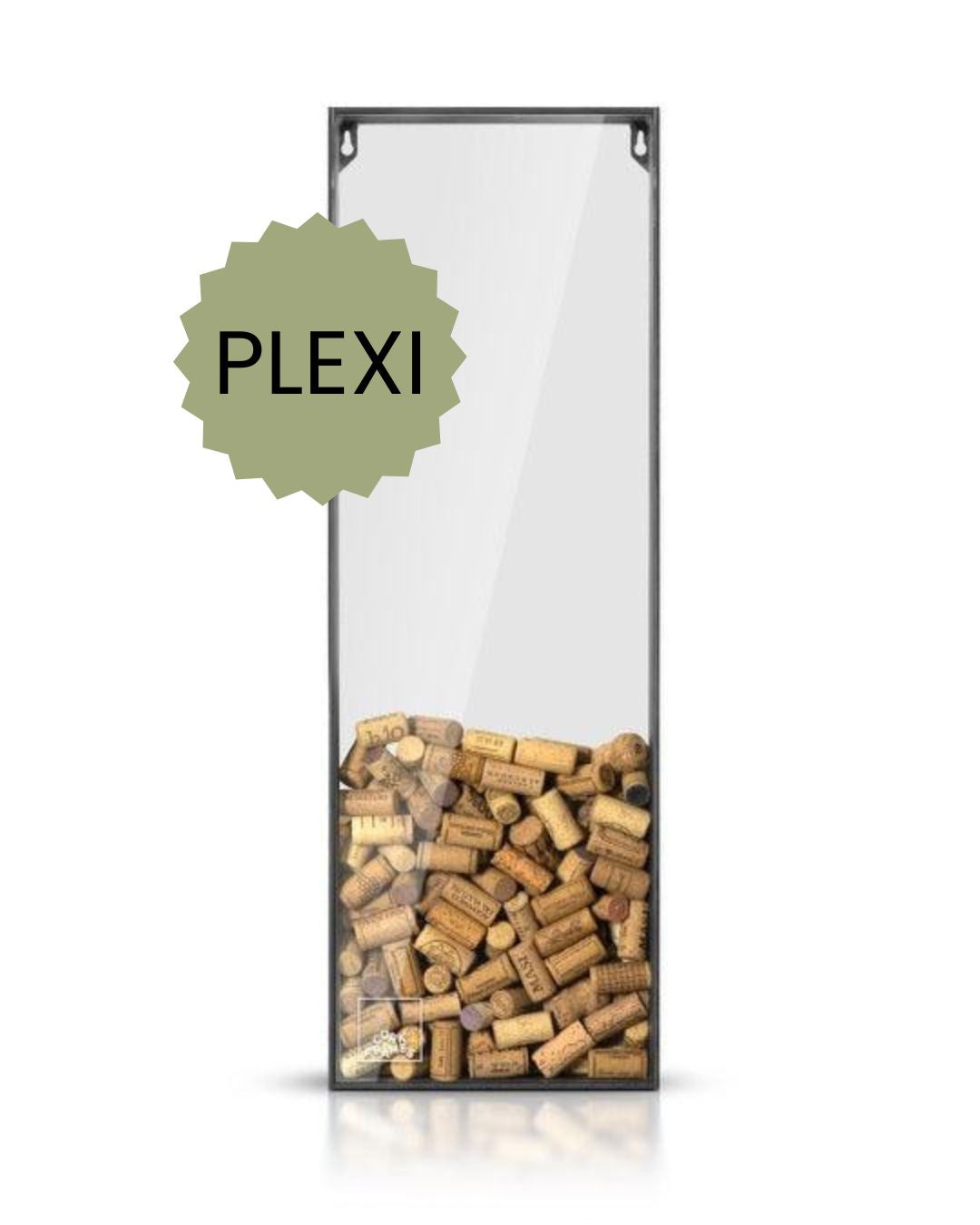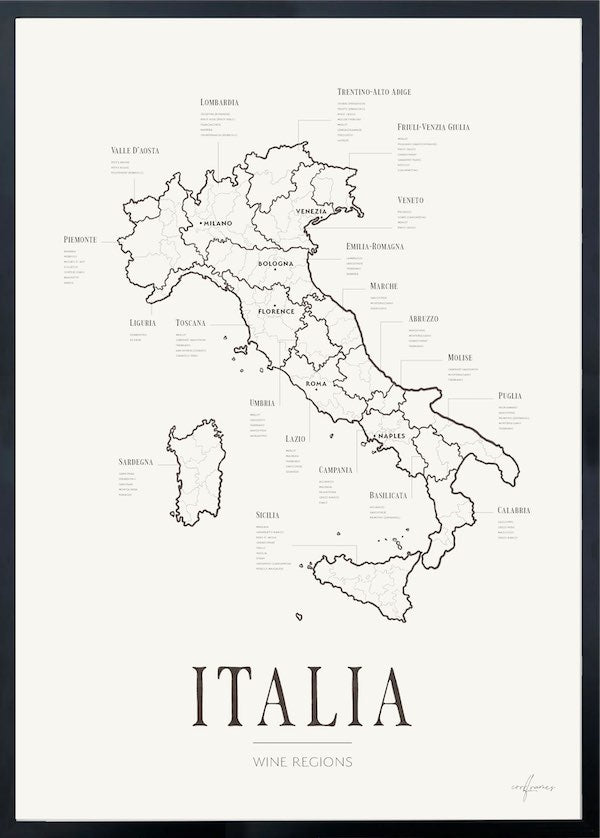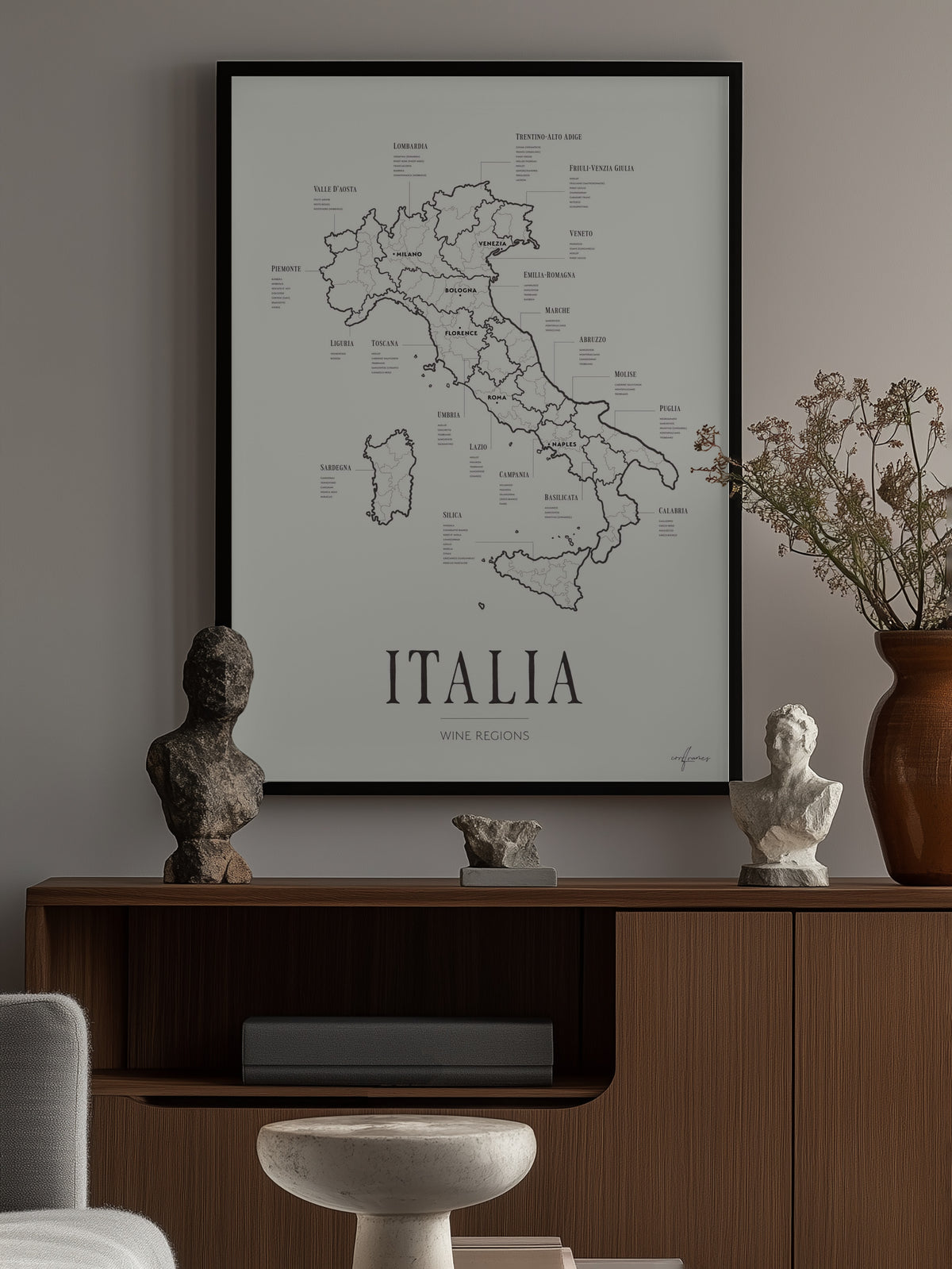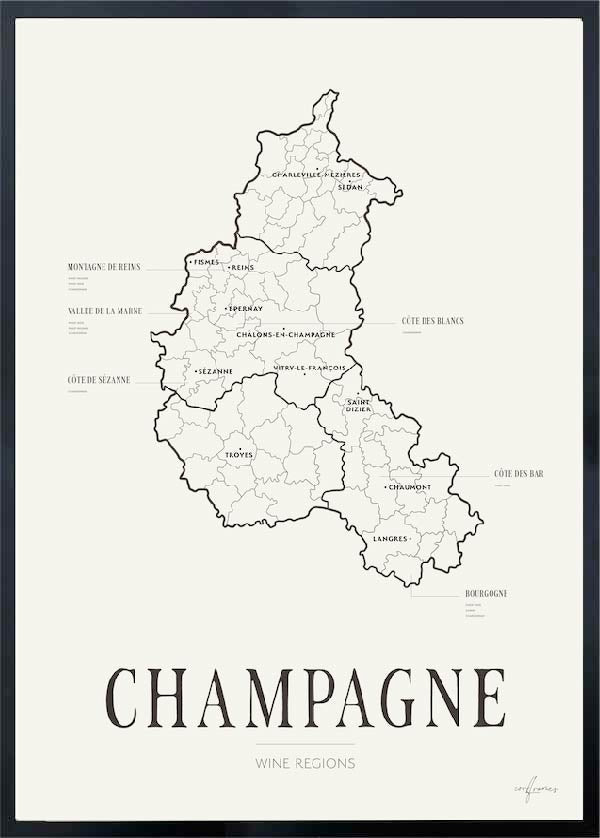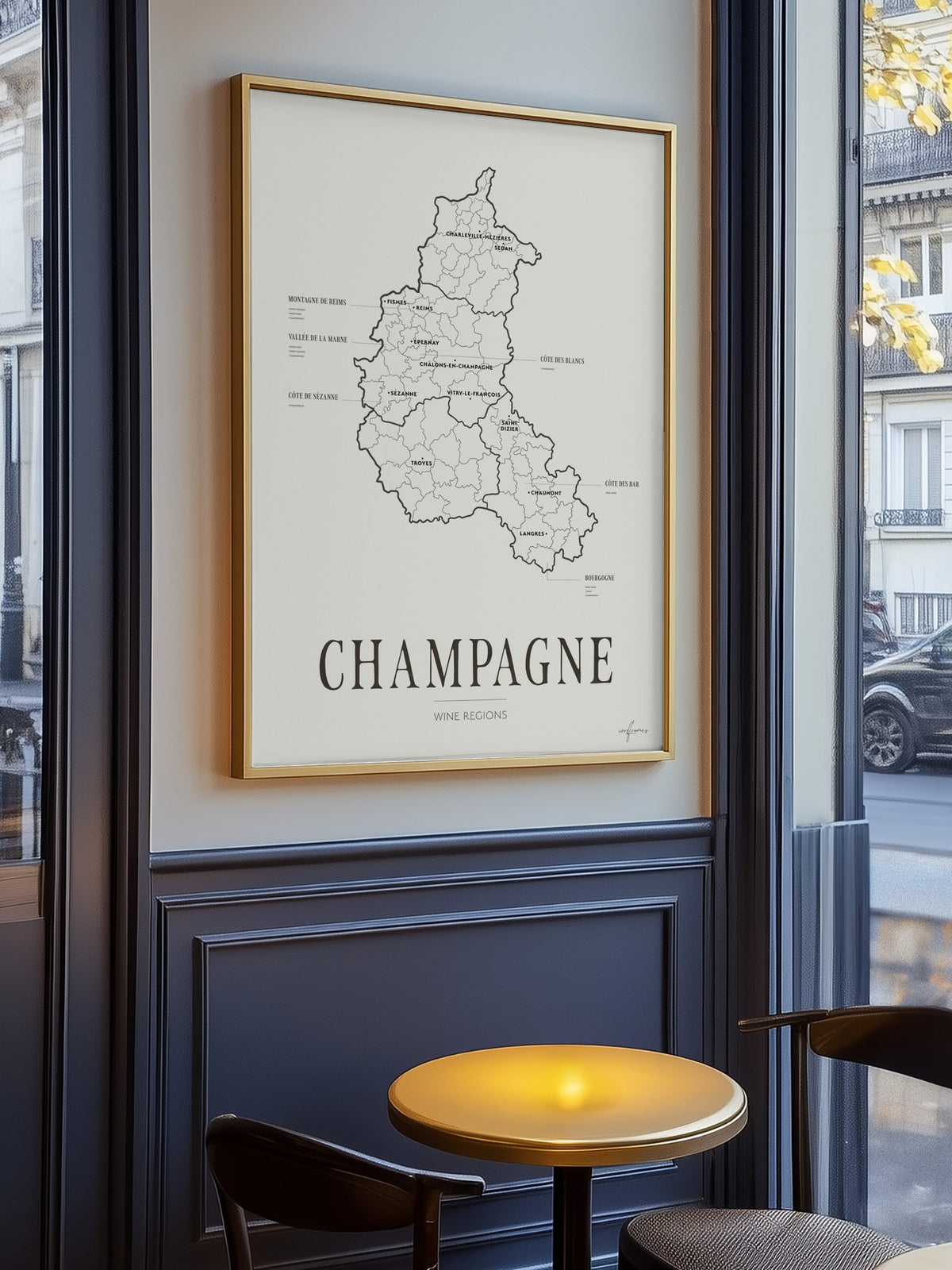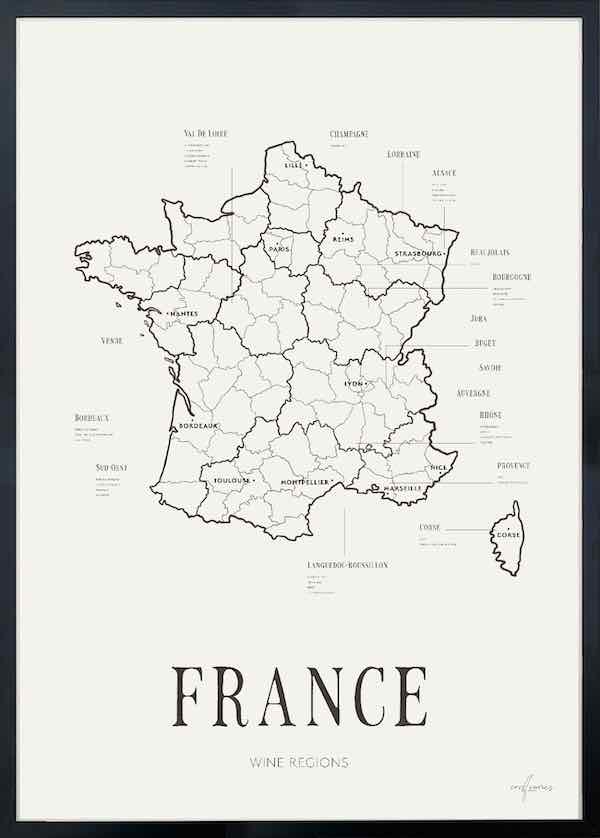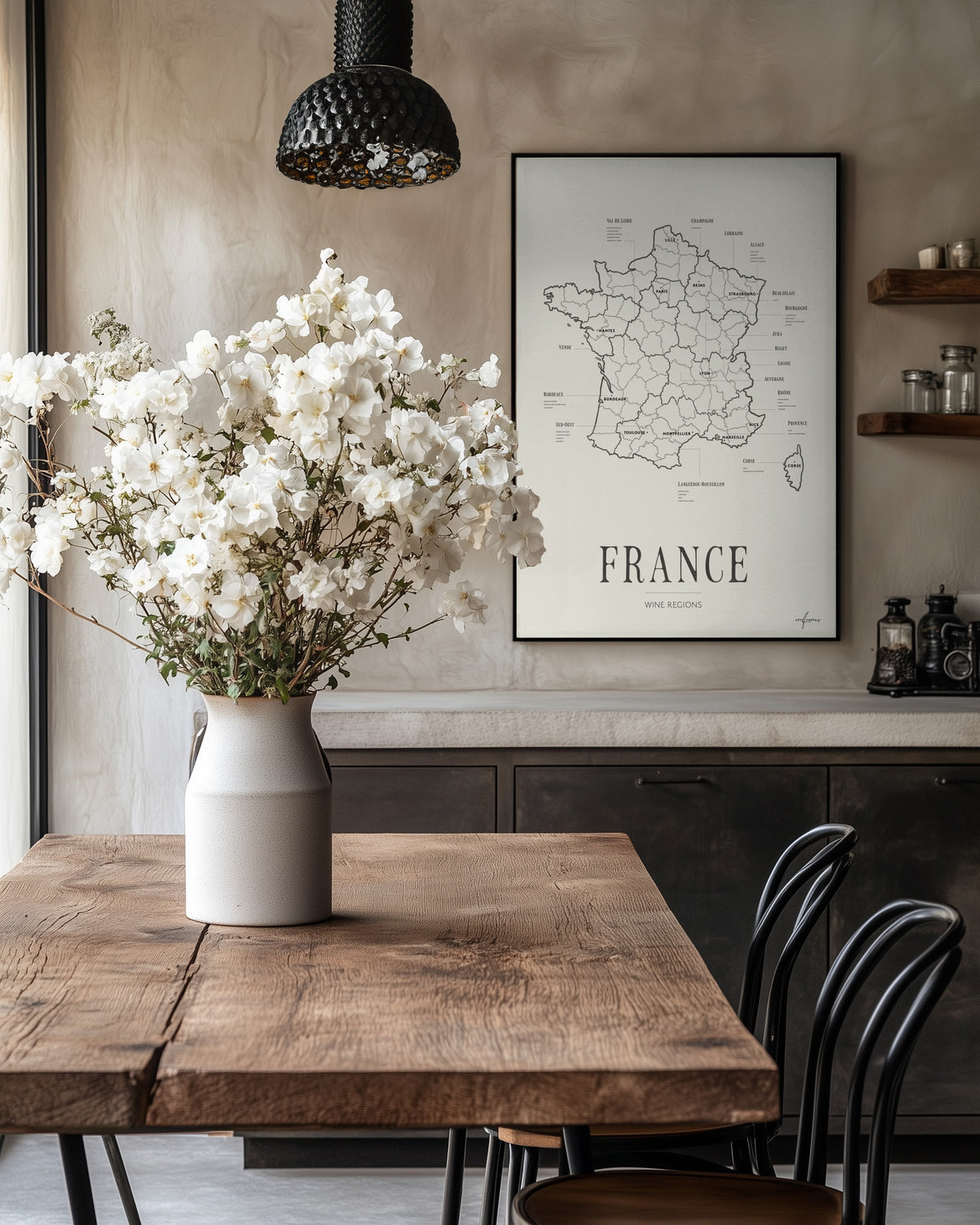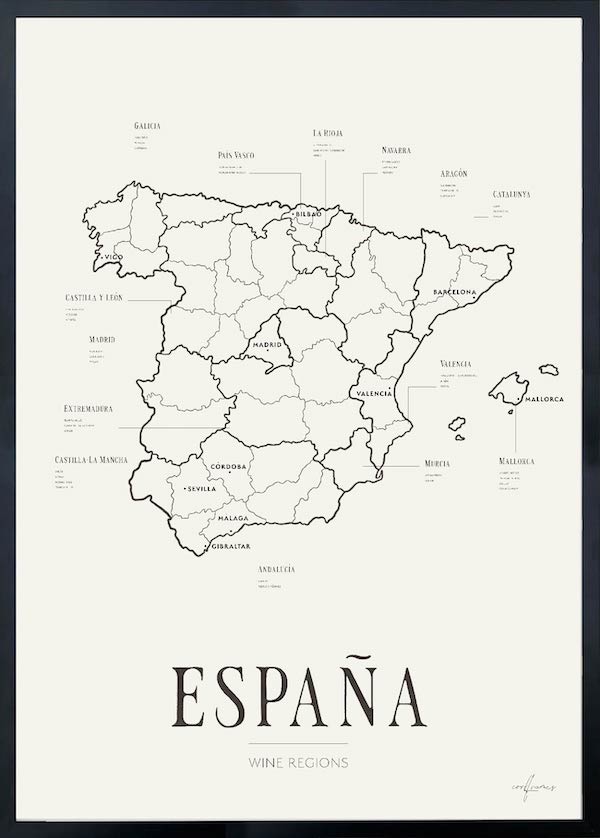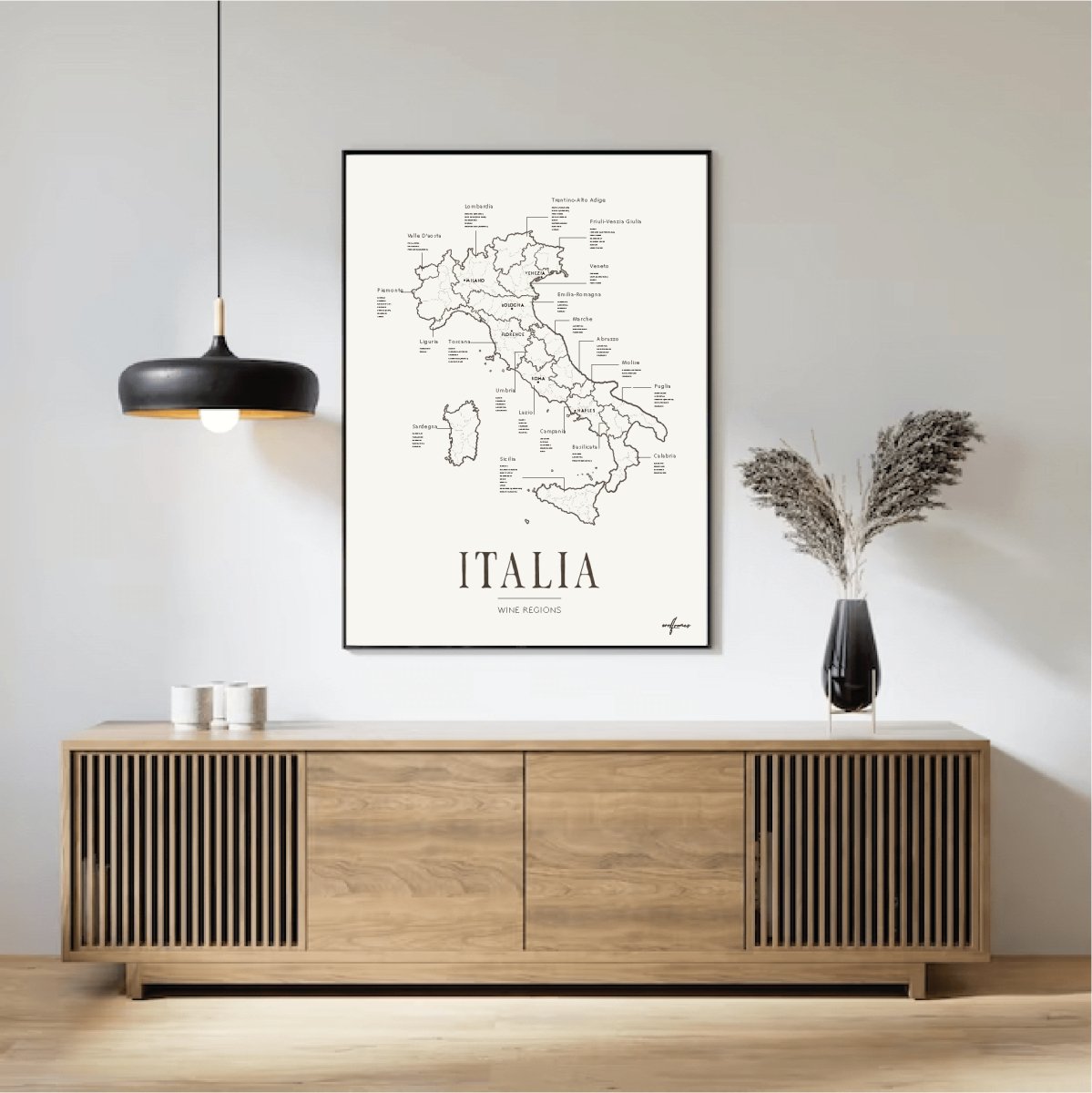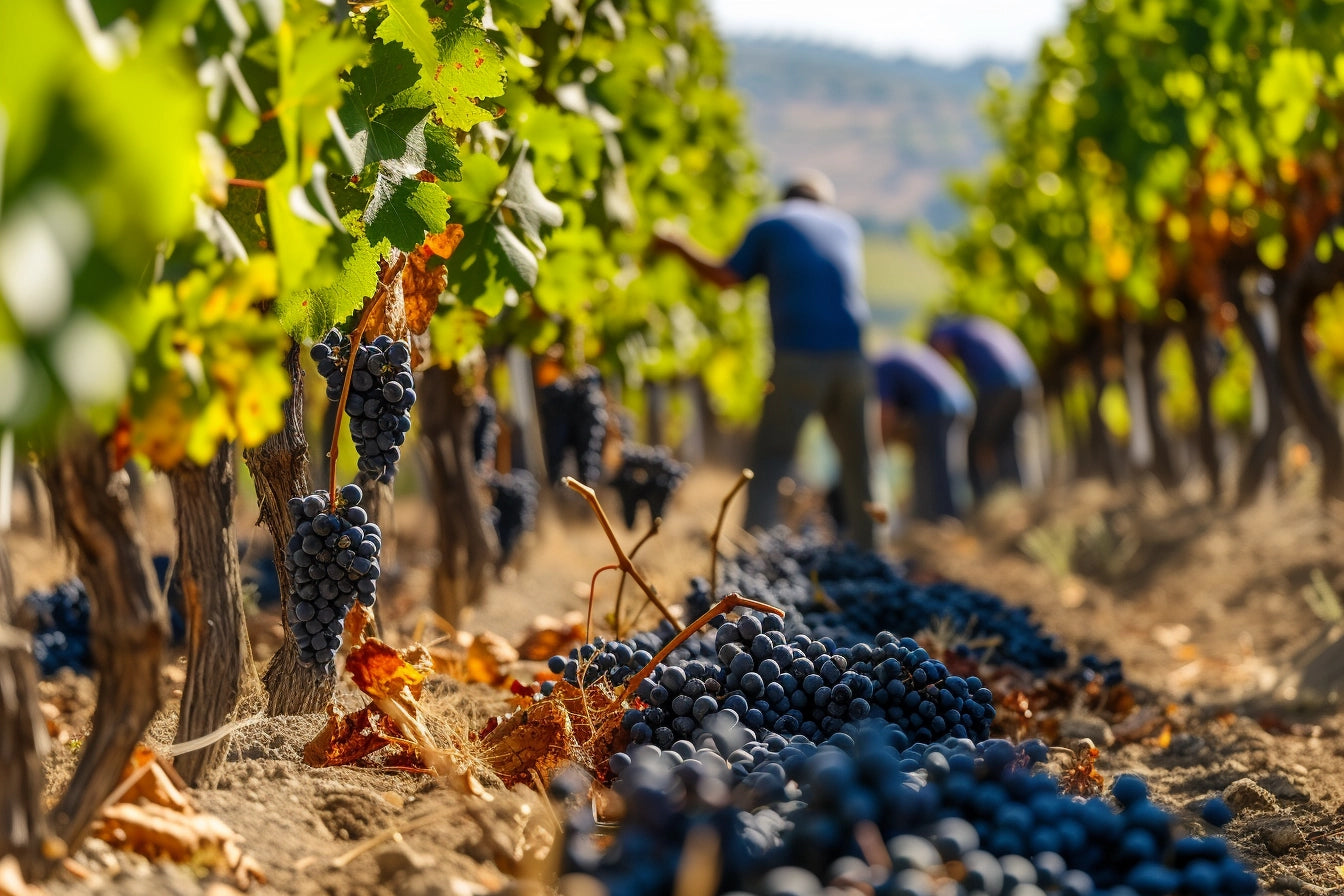Consumers around the world are becoming increasingly aware of how their choices impact the planet. This has led to a shift in the wine industry, where demand for organic, biodynamic, and sustainably produced wines is rapidly rising.
Wineries across the globe are now adopting greener methods to reduce their carbon footprint and ensure the preservation of soil for future generations. But what does it really mean for a wine to be organic, biodynamic, or sustainable – and what is driving this trend forward?
Organic Wine: More Than Just a Label
Organic wine is perhaps the most recognizable trend in sustainable wine production. But the term means more than just avoiding chemicals. To be certified organic, a winery must follow strict guidelines on the use of pesticides, fertilizers, and water consumption. This means that no synthetic pesticides are used, and the soil is enriched with natural methods to create a healthier and more sustainable ecosystem.
Producing organic wine isn’t just about following rules – it’s about reconnecting with nature and ensuring that the vineyard's soil remains healthy in the long term. Many winemakers are discovering that healthy soil leads to better grapes, which in turn produces higher quality wine.
Biodynamic Wine: A Holistic View of the Earth
Biodynamic wine takes organic viticulture to a new level. Rooted in the 1920s philosophy of farming and cosmic cycles, biodynamics treats the entire vineyard as a living, self-sustaining system. Biodynamic winemakers follow lunar cycles to determine when to plant, harvest, and process their grapes. Everything used in the vineyard, from fertilizers to pesticides, comes from natural and often locally sourced materials.
What makes biodynamic wine unique is its focus on restoring balance between humans and nature. It’s an approach to viticulture that goes far beyond technical specifications – it’s about understanding and respecting nature’s rhythms and creating a sustainable, self-regulating ecosystem.
Sustainable Wine Production: The Future of Viticulture
Sustainable wine production is the broadest category, encompassing both organic and biodynamic methods but going even further. Sustainable winemaking is about using resources in a way that ensures they are preserved for future generations. This might involve reducing water usage, utilizing renewable energy, or minimizing transportation emissions.
Many wineries are now installing solar panels to power their operations and harvesting rainwater to irrigate their vines. Others focus on recycling and reusing materials. Some winemakers are even experimenting with packaging, using recycled glass bottles or lightweight cartons to reduce the environmental impact of transportation.
Why Is This Trend Growing?
There are several reasons why sustainable and eco-friendly wines are becoming more popular. First, consumers are becoming more educated about how their choices affect the planet. Many now choose products that reflect their values, and sustainable wine production is a way to contribute to a better world without giving up the pleasure of enjoying a good glass of wine.
But it’s not just consumers driving this change. Wineries are also realizing that sustainable practices aren’t just good for the environment, but for business too. By protecting their soil and improving its quality, they create better conditions for their grapes, resulting in higher quality wines. Additionally, certifications like organic or biodynamic give wineries a competitive edge, as more and more consumers actively seek out these labels.
The Taste of Sustainability
One of the most interesting aspects of sustainable wines is that they often taste better. When the soil is healthy and the vineyards are in balance, the vines produce grapes that reflect their origin more clearly. Wine experts often note that organic and biodynamic wines offer a "cleaner" or "more natural" taste, with the character of the terroir coming through more distinctly.
This flavor advantage is something many winemakers have discovered and capitalized on. By working in harmony with nature, rather than manipulating it, they create wines that are not only better for the environment but also provide a richer and more nuanced taste experience for consumers.
The Future of Sustainable Wines
With climate change being one of the biggest challenges for the wine industry, we are now seeing more wineries transitioning to sustainable methods to reduce their carbon footprint. From California to Bordeaux, Tuscany to South Africa, winemakers around the world are embracing the idea that sustainable practices aren’t just a trend – they are the future.
And it’s not just in the vineyard where changes are happening. Consumers are becoming more curious about how their wine is produced, and wineries are responding with transparency and openness about their methods. We can expect to see more innovations in packaging, transportation, and energy use in the coming years, as the wine world adapts to a new green era.
Ultimately, the green revolution in the wine industry is about creating wines that not only taste good but also do good for our planet. It’s a development that benefits not only wine lovers but also future generations, who will enjoy a healthier and more sustainable world.


